Cholesterol has long been painted as the villain of modern health. For decades, we’ve been told that high cholesterol clogs arteries, causes heart attacks, and must be lowered at all costs with medications. But here’s a surprising fact: nearly 95 million American adults have high cholesterol levels, yet not all of them experience heart problems. Why? Could it be that cholesterol is more misunderstood than dangerous?
Barbara O’Neill, a well-known health educator, has stirred global discussions by challenging conventional beliefs about cholesterol. She argues that cholesterol is not the enemy but an essential building block for life itself—vital for hormones, brain function, and cell repair. Her insights reveal a side of cholesterol that mainstream medicine rarely emphasizes.
In this article, we’ll break down Barbara O’Neill’s perspective on cholesterol, examine what science says, and uncover practical lifestyle tips for managing cholesterol naturally. Whether you’re someone prescribed statins, struggling with diet choices, or simply curious, this guide will give you a fresh, evidence-based look at the truth behind cholesterol.
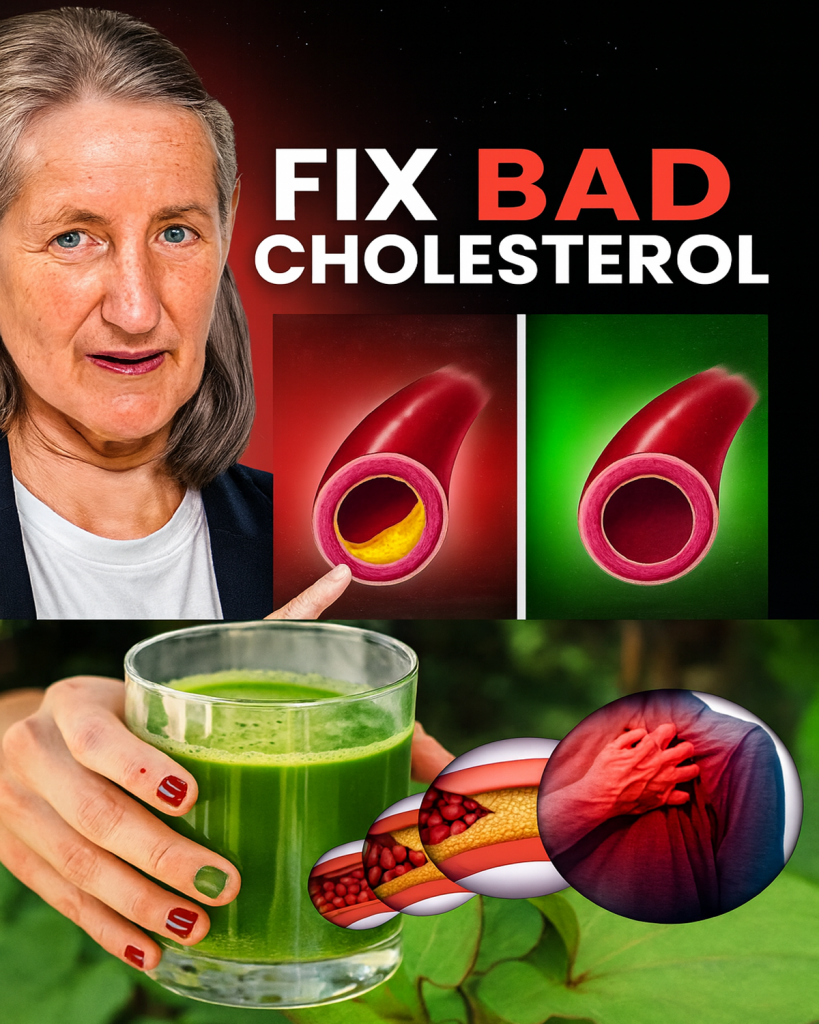
The Role of Cholesterol in the Body
Cholesterol: Friend or Foe?
Cholesterol isn’t a toxin—it’s a waxy, fat-like substance your body needs. It plays key roles in:
- Hormone production: Estrogen, testosterone, and cortisol all depend on cholesterol.
- Brain health: About 25% of your body’s cholesterol is found in the brain.
- Vitamin D synthesis: Cholesterol helps produce vitamin D when skin is exposed to sunlight.
- Cell repair: It’s a fundamental component of cell membranes.
Barbara O’Neill emphasizes that without cholesterol, the body cannot function. The issue is not cholesterol itself, but how it behaves when oxidized or imbalanced.
LDL vs. HDL: The Misunderstood Duo
Doctors often label LDL as “bad” and HDL as “good,” but the story is more complex.
- HDL (High-Density Lipoprotein): Helps transport cholesterol back to the liver for recycling.
- LDL (Low-Density Lipoprotein): Carries cholesterol to cells for repair and hormone production.
The danger comes when LDL particles become oxidized by inflammation, poor diet, or toxins—leading to plaque buildup.
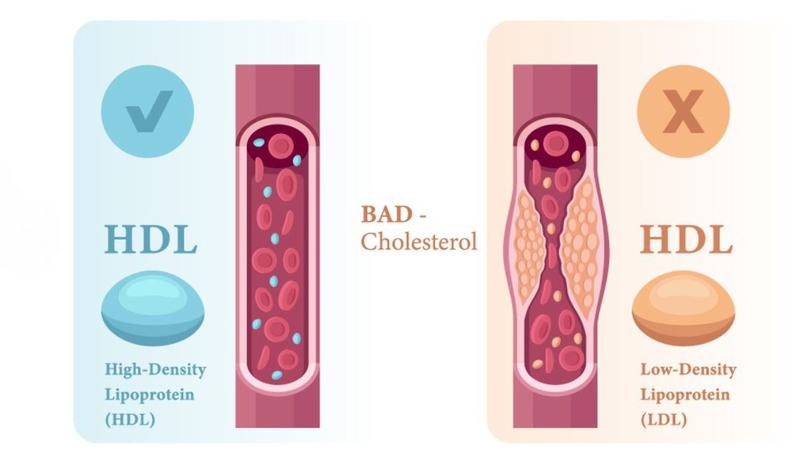
| Type | Function | Myth vs. Reality |
|---|---|---|
| HDL | Clears cholesterol from blood | “Good cholesterol” – protective |
| LDL | Delivers cholesterol to cells | Not always “bad”—necessary in balance |
| Oxidized LDL | Damaged particles that cause buildup | The true risk factor in heart disease |
Barbara O’Neill’s Take: The Cholesterol Myth
Barbara challenges the long-standing belief that lowering cholesterol with medication is always the best approach. According to her, the real culprits in heart disease are:
- Chronic inflammation
- High sugar and processed food consumption
- Oxidative stress caused by toxins and poor lifestyle
She points out that cultures with high cholesterol diets—such as the French Mediterranean diet, rich in cheese and butter—often have lower rates of heart disease compared to countries obsessed with low-fat foods. This paradox suggests that lifestyle, not cholesterol alone, determines heart health.
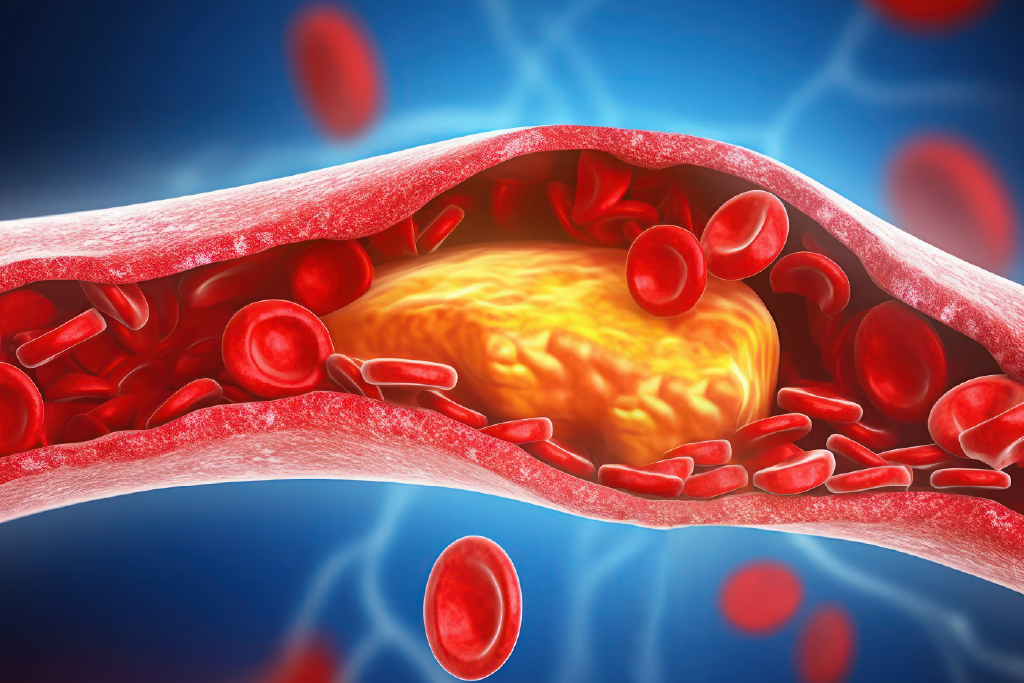
What Science Says
While Barbara’s views have sparked debate, scientific studies back many of her claims:
- Dietary cholesterol has limited effect on blood cholesterol: The American Heart Association has acknowledged that eggs and other high-cholesterol foods don’t raise cholesterol as much as once thought.
- Inflammation is key: Studies show markers like C-reactive protein are more predictive of heart disease than cholesterol alone.
- Statins: A double-edged sword: While statins lower cholesterol, they may cause side effects like muscle pain, fatigue, and even memory issues in some patients.
8 Natural Ways to Balance Cholesterol Levels
1. Eat More Whole Foods
Fruits, vegetables, legumes, and whole grains provide antioxidants that protect LDL from oxidation.
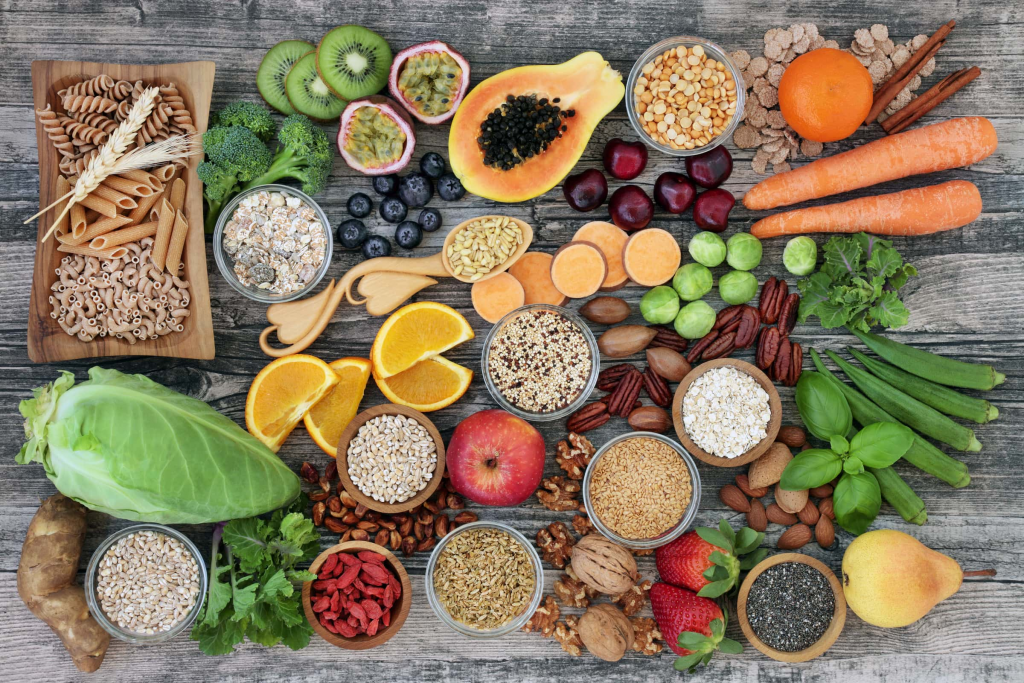
2. Choose Healthy Fats
Replace refined oils with extra virgin olive oil, avocado, nuts, and seeds. Omega-3 fatty acids from fish can improve HDL levels.
3. Cut Down on Sugar and Refined Carbs
Sugar, not fat, is the bigger trigger for inflammation and oxidized cholesterol. Swap soda and white bread for water and whole grains.
4. Stay Active
Regular exercise raises HDL and helps regulate triglycerides. Aim for at least 150 minutes of moderate activity per week.
5. Manage Stress
Chronic stress raises cortisol, which impacts cholesterol and heart health. Meditation, prayer, or journaling can help.
6. Prioritize Sleep
Poor sleep disrupts hormone balance, including those connected to cholesterol metabolism. Aim for 7–9 hours nightly.
7. Use Herbs and Natural Remedies
Garlic, turmeric, green tea, and red yeast rice have shown potential in supporting healthy cholesterol levels.
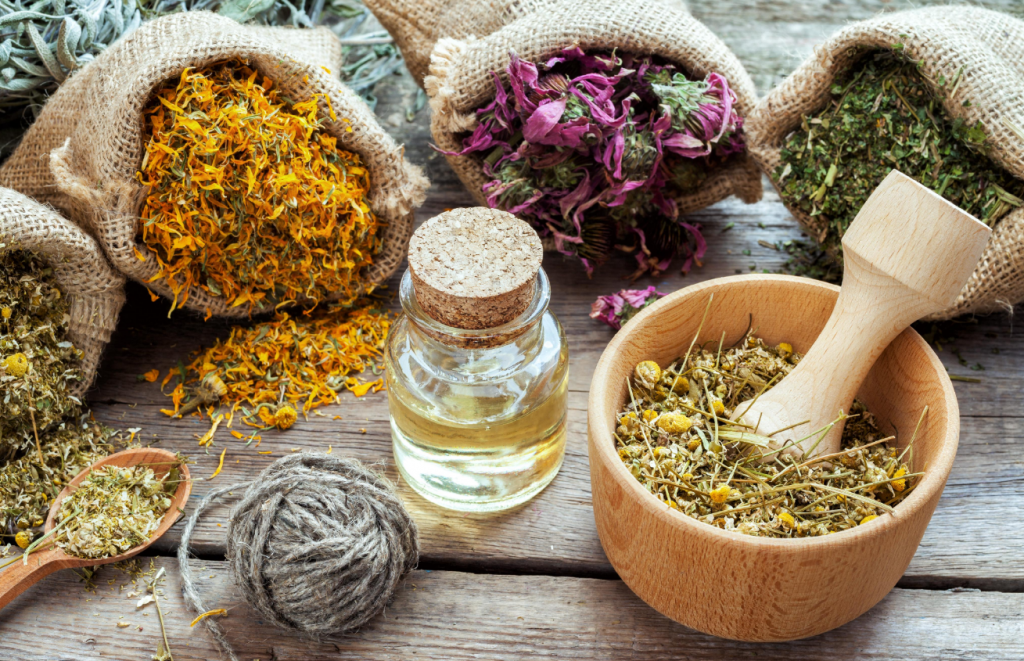
8. Avoid Smoking and Limit Alcohol
Both habits damage blood vessels, making it easier for cholesterol to oxidize and form plaques.
| Strategy | Effect on Cholesterol | Example |
|---|---|---|
| Whole foods | Protects LDL from oxidation | Berries, leafy greens |
| Healthy fats | Raises HDL | Salmon, olive oil |
| Less sugar | Reduces inflammation | Cut soda, sweets |
| Exercise | Improves HDL & lowers triglycerides | Walking, cycling |
| Stress control | Balances hormones | Yoga, breathing |
Real-Life Example
John, a 55-year-old executive, was prescribed statins after his LDL rose above 180. After experiencing muscle pain, he sought lifestyle alternatives. By shifting to a Mediterranean-style diet, exercising daily, and practicing mindfulness, his cholesterol levels normalized within six months—without medication side effects. His story reflects Barbara O’Neill’s philosophy: lifestyle first, medication when truly necessary.
Conclusion
Cholesterol is not the enemy—it’s essential for life. Barbara O’Neill’s perspective invites us to look beyond the numbers and focus on what truly matters: reducing inflammation, eating whole foods, and living a balanced lifestyle. Lowering cholesterol without addressing the root causes of poor health may be missing the bigger picture.
Frequently Asked Questions
- Is high cholesterol always dangerous? Not necessarily—context, inflammation, and overall health matter more than a single number.
- Should I stop taking statins? Never stop medication without consulting your doctor. Explore lifestyle changes alongside medical advice.
- Can diet really lower cholesterol? Yes, but more importantly, diet lowers inflammation and protects cholesterol from oxidation.
- What foods should I avoid? Processed foods, sugary drinks, and trans fats are the biggest offenders.
Disclaimer: This article is for educational purposes only and not a substitute for professional medical advice. Always consult your healthcare provider before making changes to your treatment or lifestyle.




